Iran says responded to EU plan to revive JCPOA, awaiting US response
Iran says the United States is dragging its feet in indirect talks in Vienna aimed at reviving the 2015 nuclear deal and removal of sanctions against Tehran.
Tehran has responded to a draft agreement proposed by the European Union, but is still awaiting Washington's response, Iran’s Foreign Ministry spokesman Nasser Kan’ani said Monday.
“Iran has participated seriously, constructively and responsibly in the negotiations, responded to the proposals of the European side in a timely manner, acted innovatively and showed the necessary flexibility for the conclusion of an agreement," Kan’ani said during a press conference.
“But what matters now is the procrastination of the American side in providing an answer. The US government is responsible for the JCPOA (the Joint Comprehensive Plan of Action) status quo and non-implementation of the accord. We can move to the next stage in case the US government shows serious willpower and acts responsibly in its promises and actions,” he added.
“We can talk about the success of this phase of negotiations when the European side announces that it has received the response from Americans,” the Iranian diplomat noted.
He described the talks on the removal of sanctions against Iran and salvage of the JCPOA as “sensitive,” emphasizing that the talks have so far achieved relatively good progress.
“The negotiations are comprehensive, and agreement must be reached on all relevant issues. We cannot speak of reaching an accord, moving forward or welcoming the next stage unless all the issues have been sorted out,” Kan’ani highlighted.
He said “Iran's top officials have repeatedly announced that we will not tie the nation's livelihood and the country's economy to the negotiations."
"We regard sanctions removal talks as one of the issues in the field of foreign policy. We emphasize that America's delay in providing an answer, the inaction of the European side, the internal issues of the US administration, and pressure from extremists and Zionist lobby groups inside the United States will not stop Iran from pursuing its own priorities.”
He said that the US and the European sides are in a much greater need of an agreement than Iran, underscoring that the Iranian negotiating team has shown complete seriousness, expressed it desire and practically proven that it is looking for an agreement.
“They (Iranian negotiators) will stand up for the legitimate interests of the government and the nation and will not flout the red lines. We are looking for a good, strong and lasting agreement,” Kan’ani said.
The United States, under former president Donald Trump, left the JCPOA in 2018 and returned the sanctions that the agreement had lifted.
Iran and the remaining parties to the deal resumed on-and-off talks on a potential revitalization of the deal in the Austrian capital of Vienna since last year, months after Joe Biden succeeded Trump, to examine the potential of the deal’s revival and removal of the sanctions.
Late on August 15, Iran said it had provided the European Union’s coordinator in the JCPOA talks with its final conclusion related to the bloc’s proposals for the revival of the deal, emphasizing that it was now the US’s turn to show realism and flexibility if it really wanted a final agreement to be reached.
The EU confirmed that it had received Iran’s response, saying the bloc was studying the reply with the parties to the deal and the United States.
According to a New York Times report, officials described Iran’s response as “encouraging,” saying it does not raise major new objections.
Elsewhere in his remarks on Monday, Kan’ani pointed to the talks in the Iraqi capital of Baghdad between representatives from Iran and Saudi Arabia as part of a diplomatic process aimed at mending relations.
“We share many commonalities with Saudi Arabia in bilateral and regional issues. The talks on resumption of official ties between the two countries will serve the interests of both sides.
“There are also differences of opinions and complex issues. We have taken good steps forward, and the negotiation has made positive process. Restoration of relations does not happen all at once. There is political will and we have witnessed mutual steps from the Saudi side. We should be optimistic that we can take a step forward on the path of communications and diplomatic talks."
Saudi Arabia severed diplomatic relations with Iran in January 2016 after Iranian protesters, enraged by the Saudi execution of prominent Shia cleric Sheikh Nimr Baqir al-Nimr, stormed its embassy in Tehran.
The kingdom then pursued a confrontational foreign policy toward the Islamic Republic, especially during the administration of former US president Donald Trump, with whom the Saudi rulers shared close ties.
Saudi Arabia appears to have recently changed course, showing willingness through diplomatic channels and third parties to mend fences with Tehran and resume bilateral relations.
The two neighbors remain deeply divided over a set of regional issues, mainly the destructive Saudi war on Yemen.
Ansarullah mourns Leader's martyrdom as 'great loss' caused by 'most wretched terrorists'
Hezbollah offers condolences to Iranian nation over Leader’s martyrdom
US-Israeli strike targets IRIB facility; broadcasts continue
IRGC: Latest waves of Op. True Promise 4 led to tanker strikes, base shutdowns, heavy casualties
CENTCOM confirms US troops killed in Iran’s retaliatory strikes
China ‘strongly condemns’ US-Israeli assassination of Iran’s Leader
Iran sees no limits in defending itself after Leader's ‘dangerous’ assassination: FM
IRGC strikes USS Abraham Lincoln aircraft carrier with volley of ballistic missiles


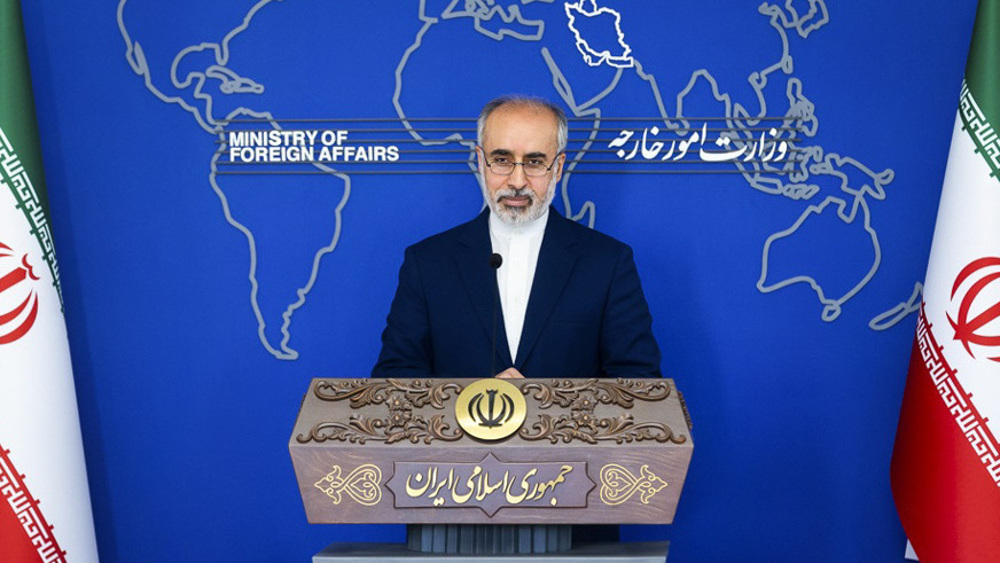
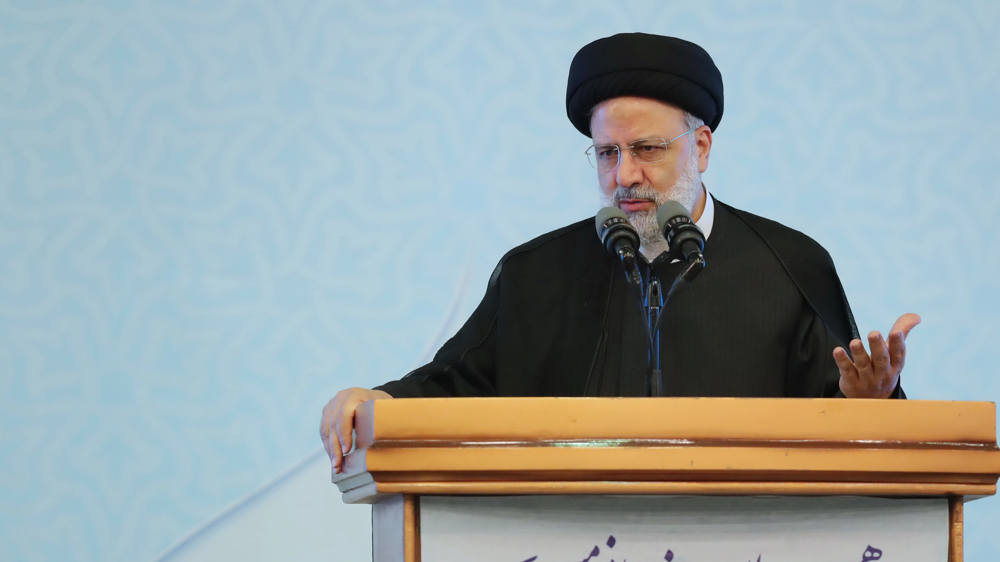
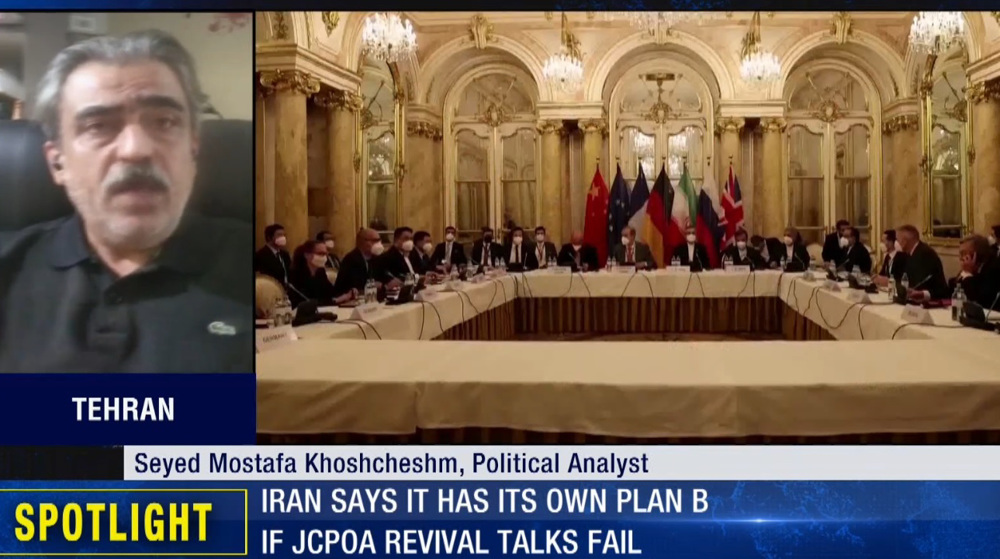
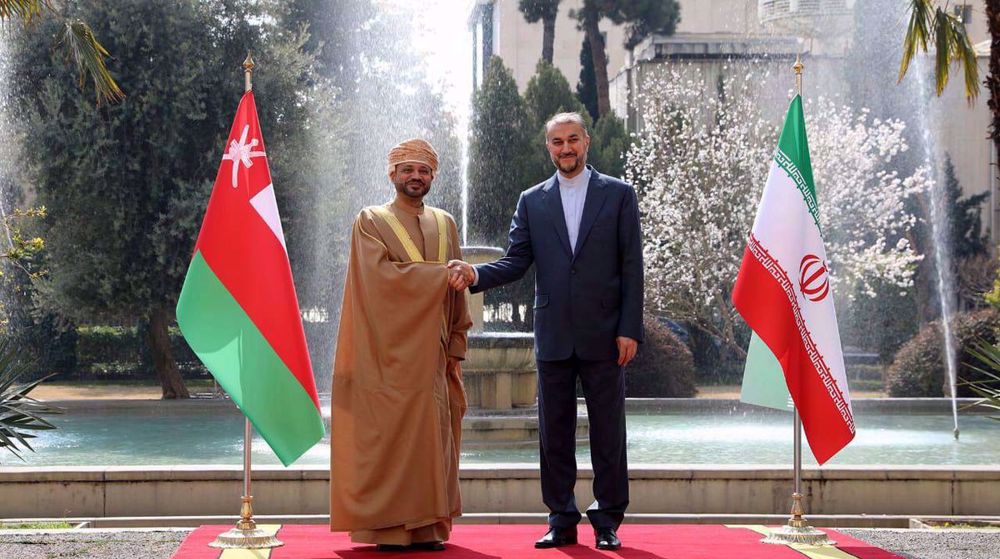
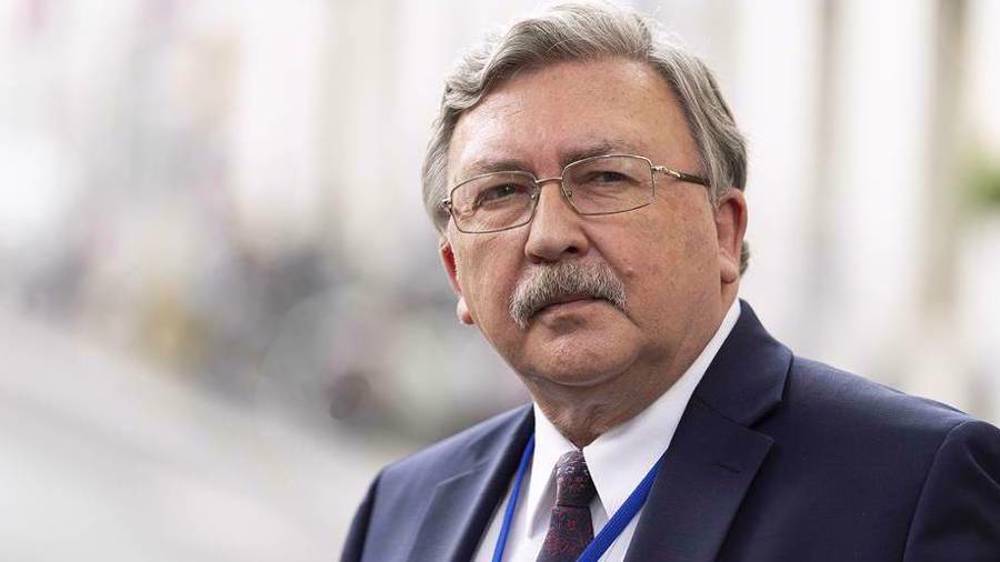
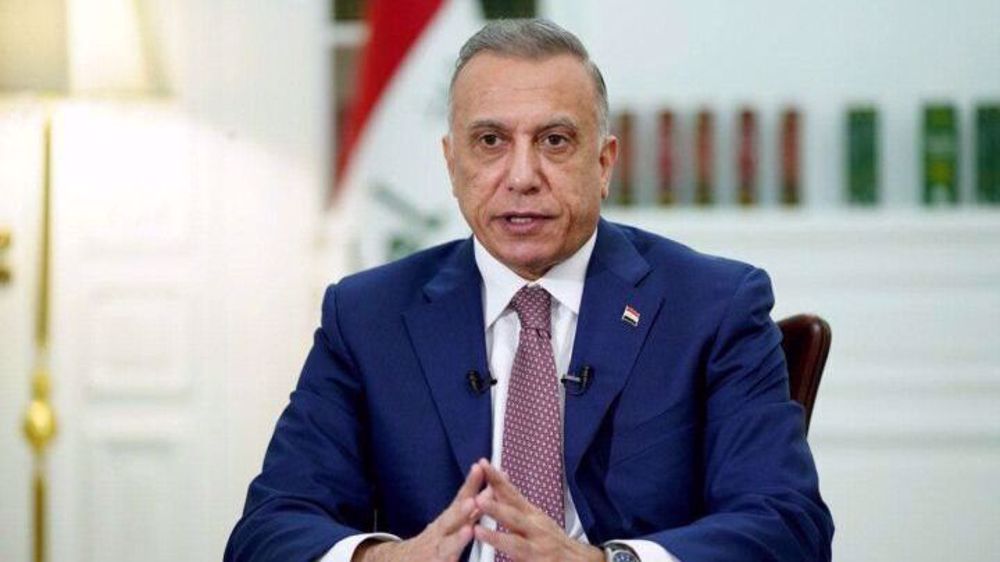
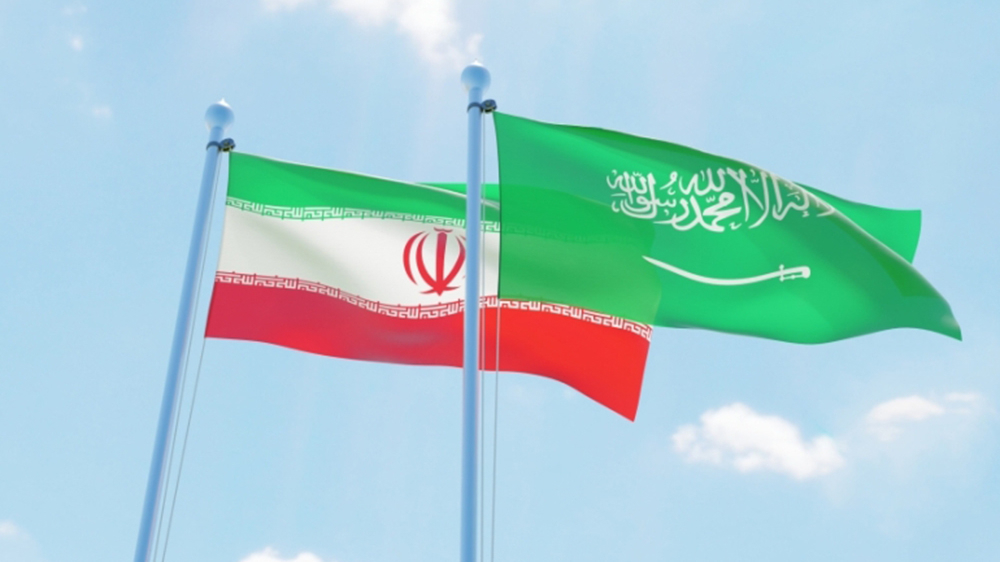
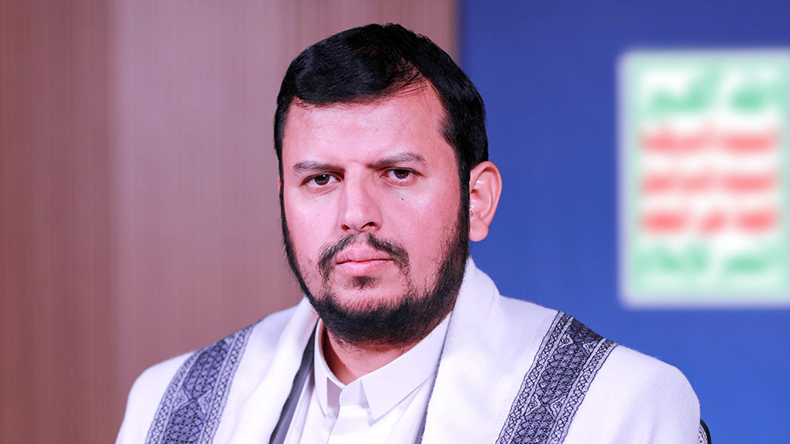
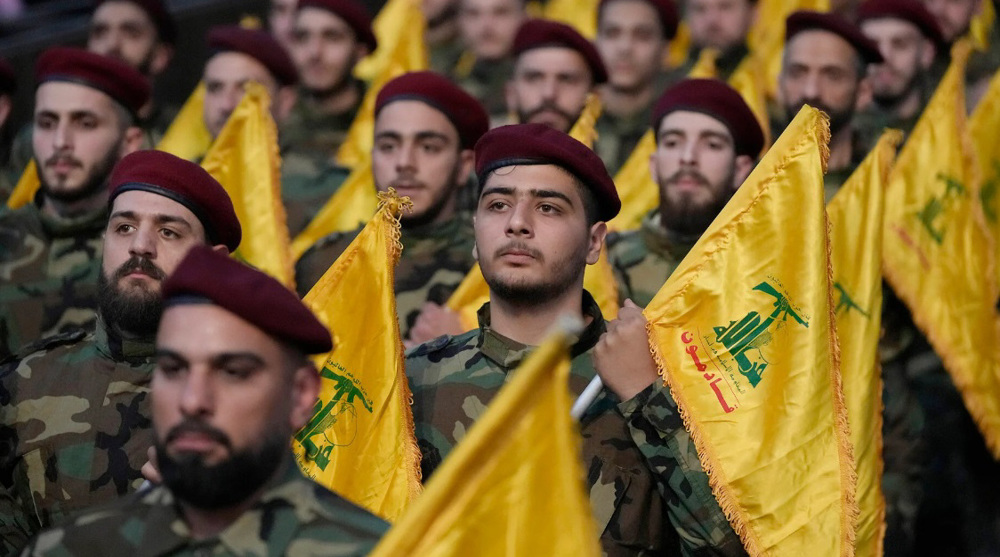
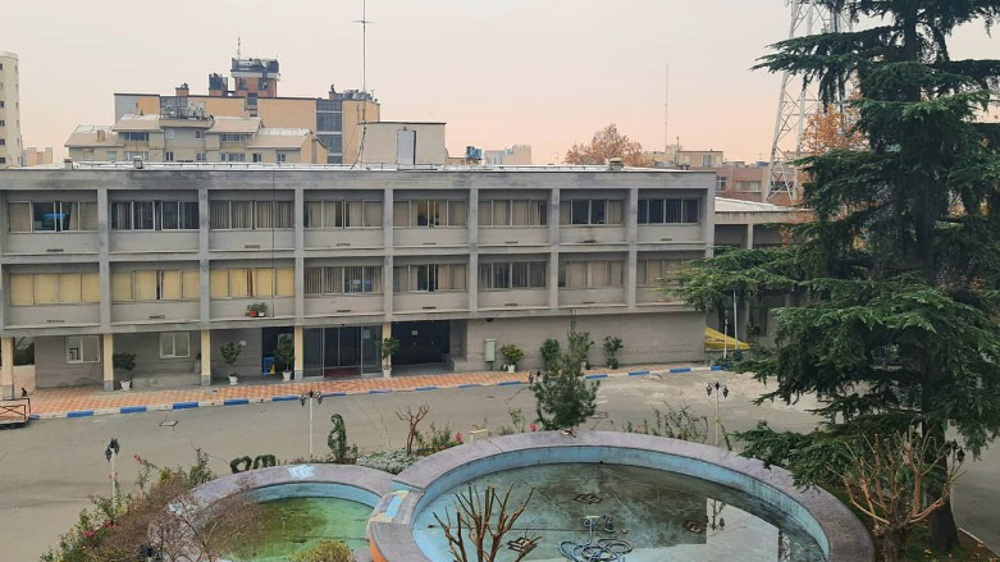



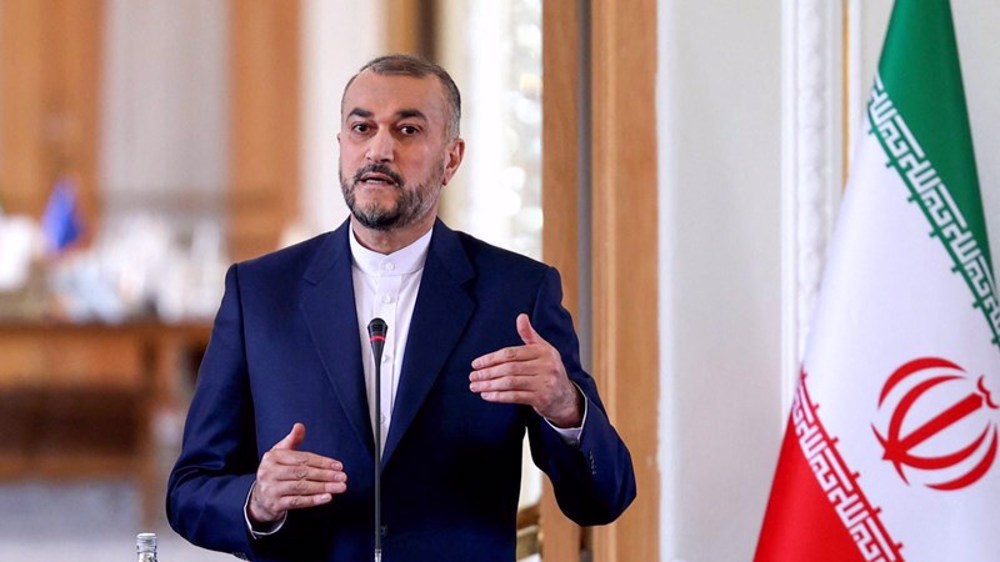
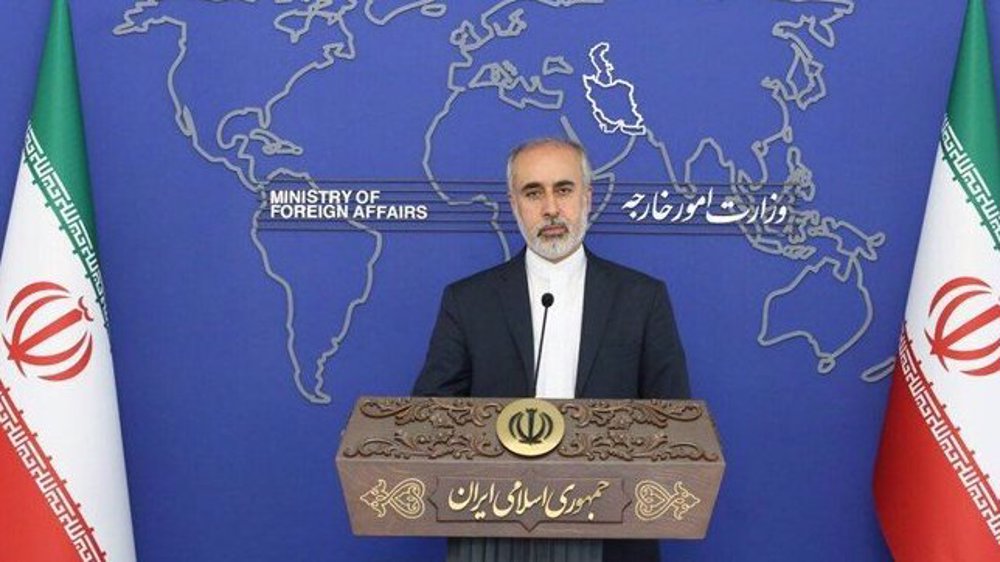
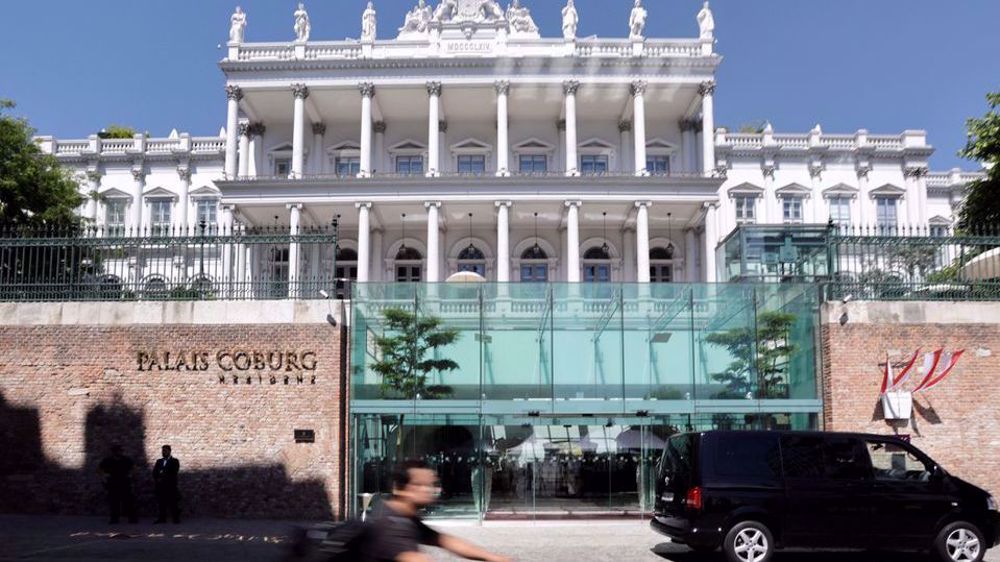
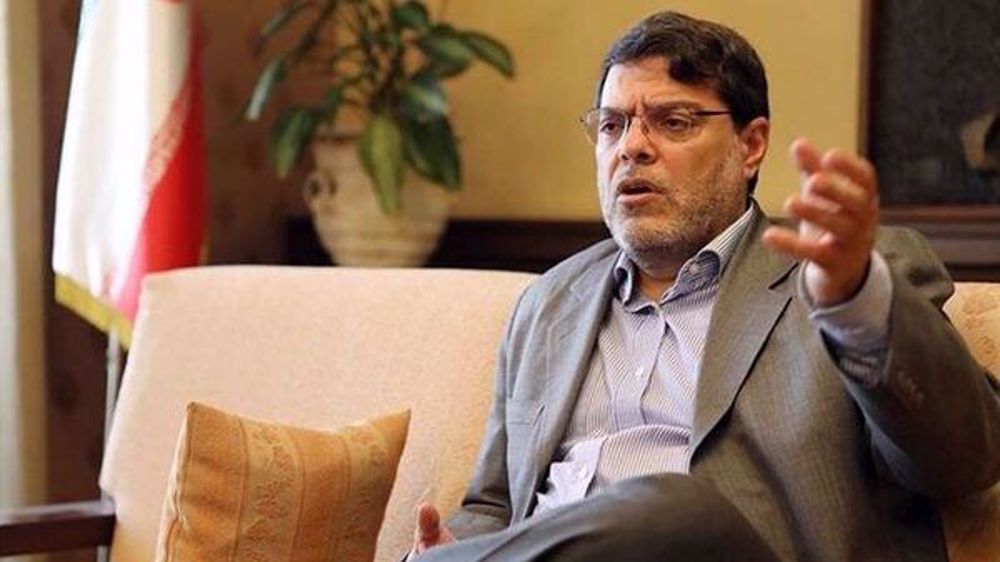
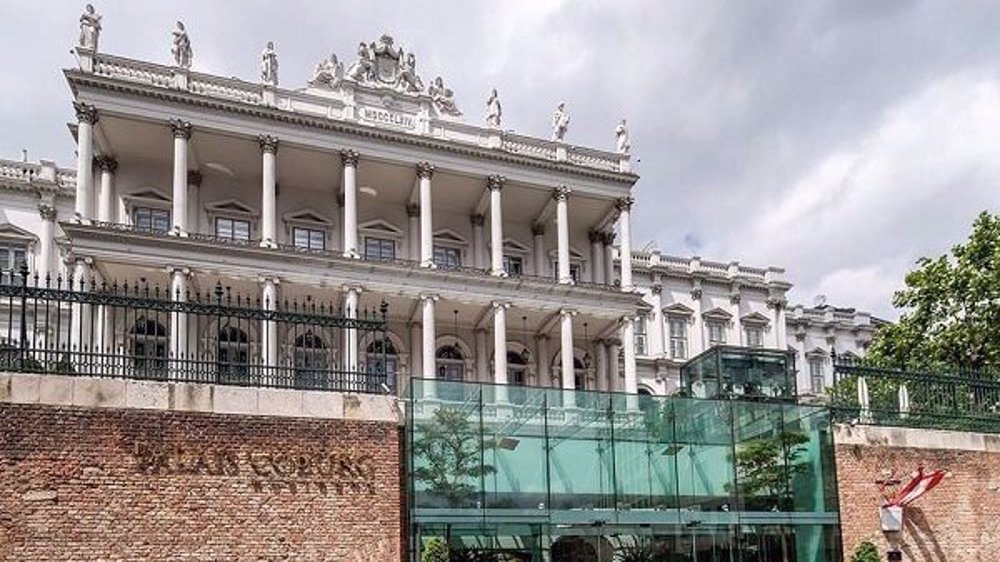
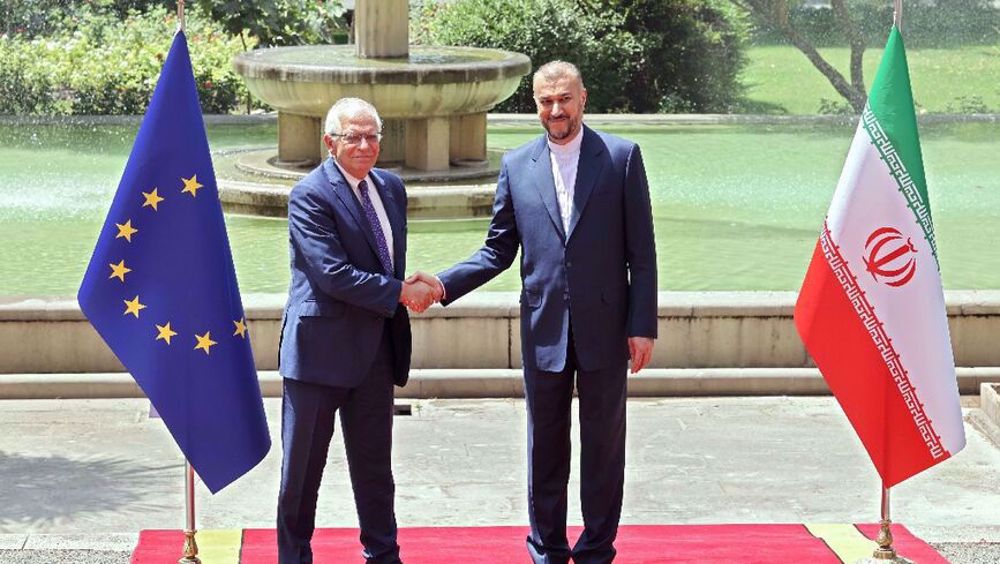
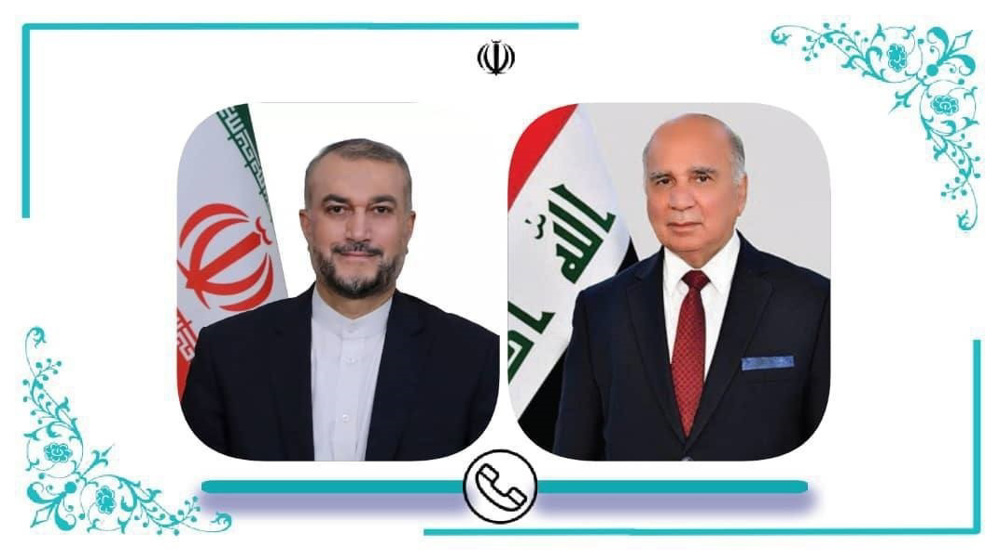
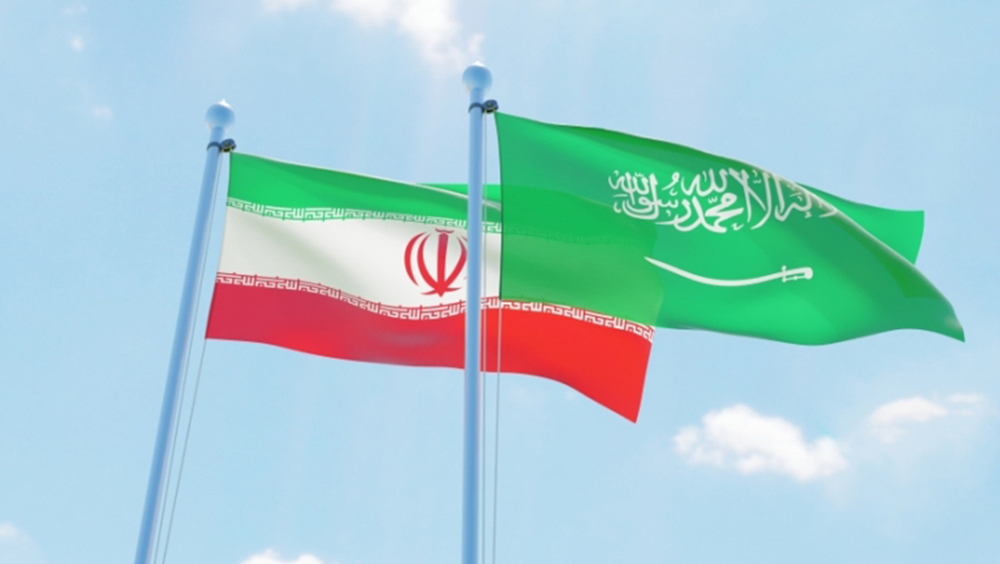
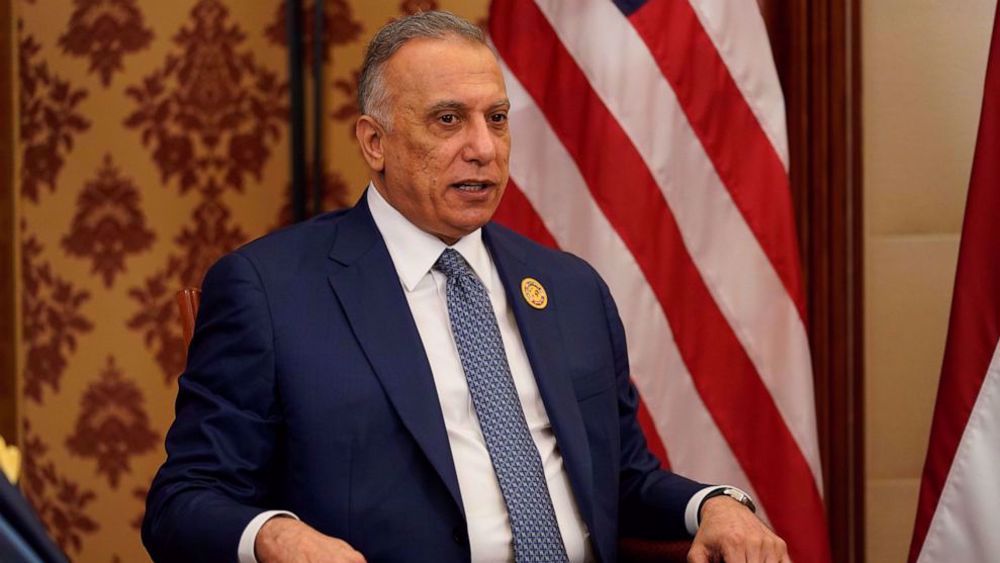

 This makes it easy to access the Press TV website
This makes it easy to access the Press TV website